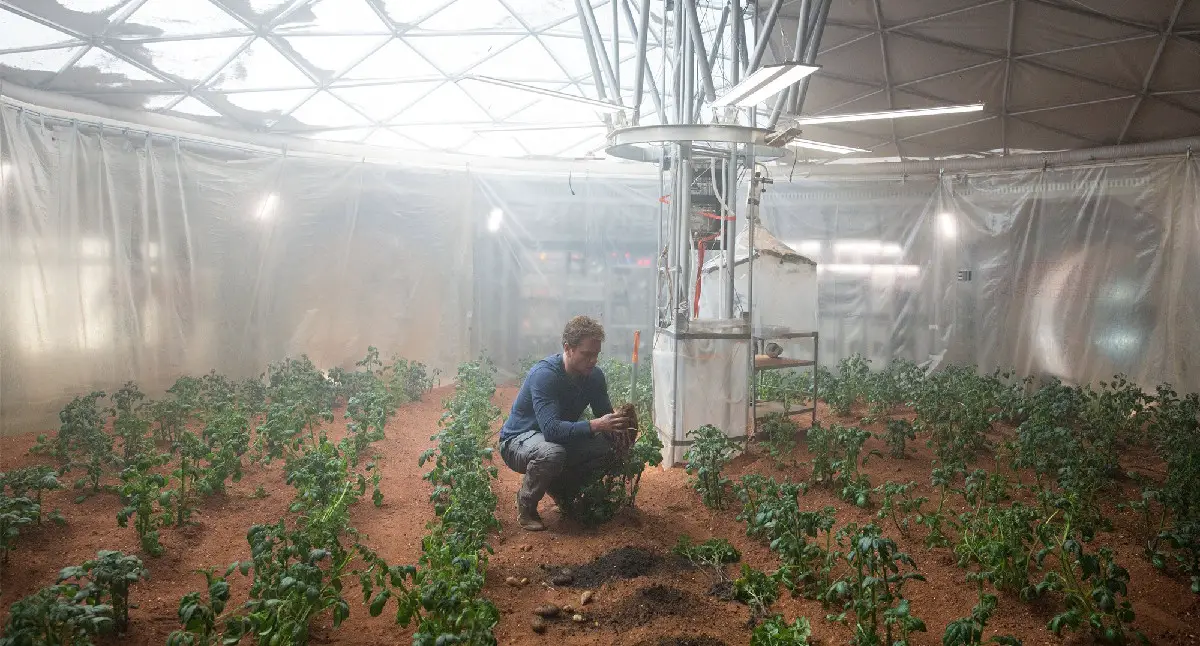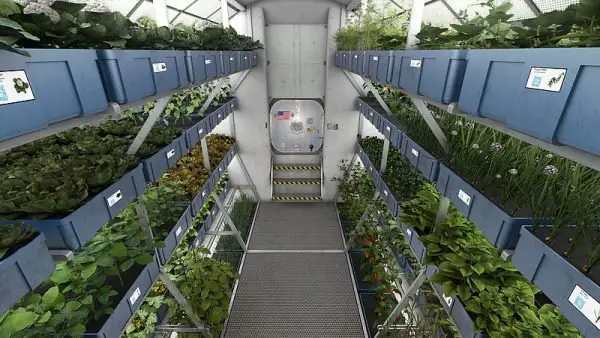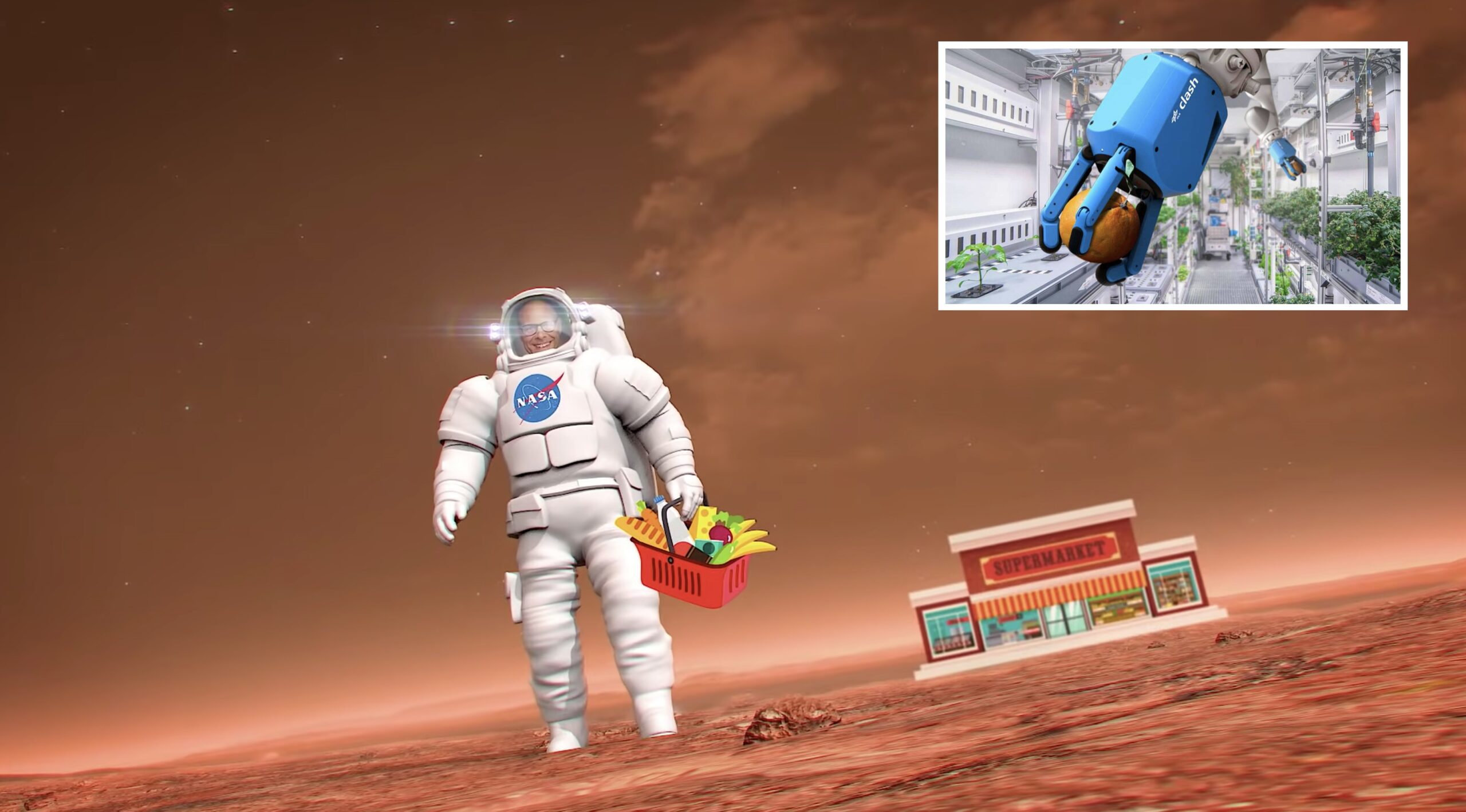Until recently, human space travel has been restricted to low-Earth orbit, but that is about to change. NASA plans to send astronauts back to the moon by the end of the next decade in order to establish a permanent base there to aid in future Mars expeditions.

Although new technology, such as rockets and space stations, is being developed, there is still a dearth of food options for astronauts. Deep Space Food Challenge is back with a $1 million reward for teams that can come up with novel, space-ready meals. This round of the competition is a response to this problem.
NASA and the Canadian Space Agency (CSA) have teamed together to launch the Deep Space Food Challenge in 2021 to solve this issue. A total of $450,000 was given out to teams who came up with ideas for safe and healthy space food.
As a result, NASA is now accepting applications for teams from the first round as well as brand-new teams to take part in phase 2. There is an application deadline of February 28 for teams that participated in phase 1, however, those who did, are not automatically admitted to phase 2.
Additionally, only teams located in the United States are eligible for the cash rewards (although anyone can participate). The CSA is sponsoring a separate competition for Canadian teams, with its own judges and rewards.
A few ideas that were discussed in Phase 1 were ready-to-eat meals, dried powders that can be turned into food, and created animal cells.
This time, it will not be as easy as coming up with an idea that seems believable. In phase 2, NASA will seek proof of concept systems and a sample of the proposed food item to demonstrate that the proposal is practical.

While it is critical to provide astronauts with enough nutrition and a stable environment, this will not matter if the food is disgusting to them. This technology will be used by NASA as it continues to develop food for space.
If you are making a sandwich on Earth, the supply chain that gets all the ingredients to your kitchen does not exist in space, hence it is inefficient to do it there.
Food grown onboard the International Space Station has been experimented with, but most of what astronauts consume will have to be flown into space with them.
Foods that do not travel well or lose nutritional value over time or cause excessive waste include, but are not limited to, those that are perishable.
It will become more difficult to keep astronauts nourished as we got farther from Earth. It is not clear how long people would have to spend away from Earth in order to complete a crewed voyage to Mars, for example. Because of this, we can not take needless chances when it comes to our diets.

